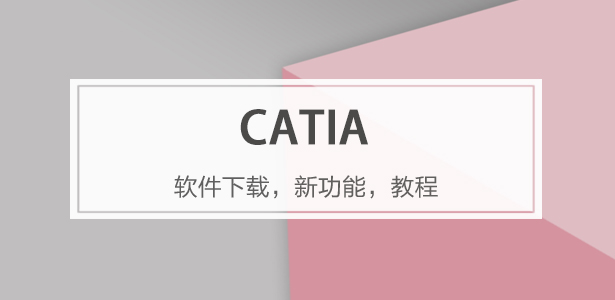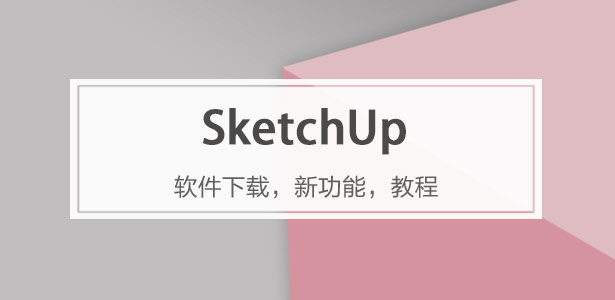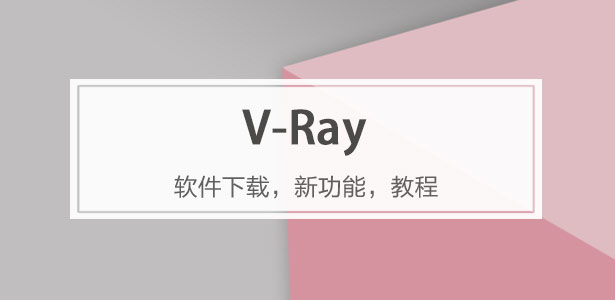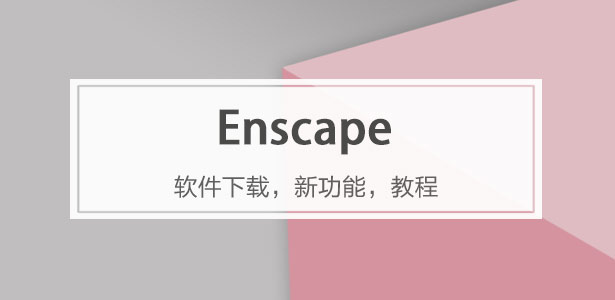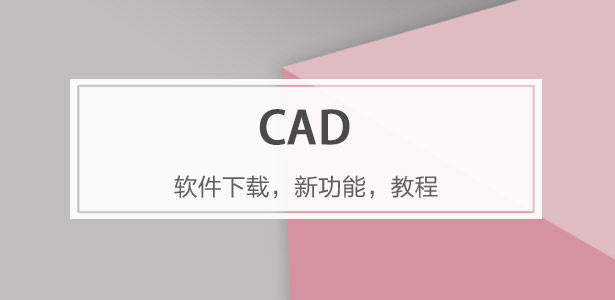
下載app免費領取會員




建筑、室內設計? vari architects 幾里建筑
項目地點? 四川成都
建成時間? 2025年5月
建筑面積? 810平方米
撰文? 楊丁亮,崔楠
自然的延續
與
空間的延伸
在CPI島一期改造的探索中,我們從鷲田清一提出的“平熱”與“淡景”的哲學觀念[1]出發,塑造了一個平和自然、詩意感知的城市空間。在這次的CPI島二期設計中,我們延續了這些深刻的哲學探索,同時進一步邁向了建筑與自然之間更為緊密而謙遜的關系。
In the project of the CPI Island Redevelopment Phase-I, we were inspired by Washida Kiyokazu’s philosophical concepts of “Average Temperature” and “Subtle Scenery”, creating an urban space of serenity, nature, and poetic perception. In Phase II, we continue these profound philosophical explorations, while moving further towards a closer and more humble relationship between architecture and nature.



“KOKO”是“這里”的意思,而KOKO MARKET是麓湖CPI全新的“容器”,來醞釀和催化出更多新鮮有活力的故事。KOKO提倡輕松、自然的生活方式與態度,時刻與鄰里分享溫暖和關懷。
“KOKO” means “here”—a word of presence and belonging. KOKO MARKET is CPI’s newly envisioned “common”, a welcoming space where fresh, vibrant stories are cultivated and unfold. It embraces a relaxed, natural way of life—an atmosphere where warmth and care flow effortlessly among neighbors, like breeze through a shaded veranda.


二期項目位于一期的東南側,由兩棟獨立的樣板房單體改造而成。這兩棟同樣曾被遺忘的建筑,如今通過細致的設計手法重新煥發生命力,形成了一個自然交織、氛圍濃厚的整體市集。
The Phase-II project is located southeast of Phase-I and consists of the renovation of two independent showhouses. These two once-forgotten buildings have now been revitalized through meticulous design, forming a cohesive market where nature intertwines with atmosphere.


設計采取一種介入而非主導的姿態,呼應北歐代表建筑師貢納爾·阿斯普朗德(Gunnar Asplund)對現代建筑中詩意、自然與人文關懷的追求。我們強調建筑如何以平和的方式貢獻于人的日常生活幸福[2]。在設計之初,我們繼續采取了空間拓展與“微地形”融合的手法。
Our design adopts an intervening rather than dominant posture, echoing the pursuit of poetry, nature, and humanistic care in modern architecture championed by Scandinavian architect Gunnar Asplund. We emphasize how architecture can gently contribute to human everyday happiness. At the beginning of the design, we continued the strategy of spatial expansion and “micro-topography” integration.

在場地東南角加建的小單體與原建筑形成高低錯落、向內包裹的“市集空間”,創造了既滿足功能使用又具備豐富空間體驗的格局。拱形框架與輕質薄膜棚頂在空間上輕柔地覆蓋、自然地連接,使室內外界限模糊而溫和地過渡,形成了一個感官體驗連續而豐富的“灰空間”。
A newly added small unit at the southeastern corner creates a staggered, inward-wrapping “market space” with the original buildings, resulting in a layout that satisfies functional needs while offering a rich spatial experience. Arched frames and lightweight membrane canopies softly cover and naturally connect the space, blurring the boundaries between indoors and outdoors, forming a continuous and sensory-rich "in-between space".


但相較于一期的設計,本次設計更多的關注于以下三重思考和理念,從而使城市、建筑、空間和生活[3]自然而然的融合在一起,平和而優雅:
Compared with Phase-I, this design places greater focus on three reflections and concepts, aiming to naturally integrate the city, architecture, space, and life in a peaceful and elegant manner:


連續的自然
Extended Nature
圍繞“自然的延續性”之一概念,設計采用了大量木質材料和再生材料,鋼鐵結構與溫暖的木質肌理共同營造出一種工業與自然交織的對比美學。建筑保留了原有場地上的樹木,巧妙的拱頂設計允許樹干自然穿越,建筑適應生態而非生態遷就建筑。從生態和自然的“微環境”出發,而非單純地模仿自然,這種謙遜的設計態度正是“效法自然”哲學的深刻表達[4]。
Centering on the concept of "continuity of nature", the design uses a large amount of wood and recycled materials. The contrast between steel structures and warm wooden textures creates an aesthetic where industry and nature intertwine. The existing trees on the site are preserved, and the clever design of the arched roofs allows tree trunks to pass through naturally, ensuring the architecture adapts to the ecology rather than forcing nature to accommodate the building. Starting from the "micro-environment" of ecology and nature, instead of simply mimicking nature, this humble design approach profoundly expresses the philosophy of "imitating nature".





流動的公共空間
Flowing Public Space
空間的流動性成為設計的另一核心追求。通過精準的擴建與加建,我們創造了一個連續銜接的空間體驗,宛如自然生態系統般生長延續。由室內設計到室外建筑表達,與一般的室內限定空間不同,這里是開敞的灰空間,是流動的公共空間,這能更好地承載“生活的敘事”,符合各種商業的入住和運營需求。
Spatial fluidity is another core pursuit of the design. Through precise expansions and additions, we created a continuous, barrier-free spatial experience that grows and extends like a natural ecosystem. Transitioning from interior design to architectural expression, this space breaks away from conventional enclosed interiors. Instead, it features open transitional "gray space" that creates a fluid public realm - an architectural solution that better accommodates "life's narratives" while meeting diverse commercial tenancy and operational requirements.






圍合的市集空間
Enclosed Marketplace Space
進入市集大廳,室內的下沉庭院與外部環境有機互動,鼓勵人們在這個自然與人造交織的界域中駐足、交流。這里是一切美好事情發生的場所。下沉與向心的空間,鼓勵著人們圍坐一起。無論是團聚用餐還是翩翩共舞,這里都可以滿足。
Upon entering the market hall, the sunken courtyard interacts organically with the exterior environment, inviting visitors to linger and socialize within this seamless interface between nature and artifice. This is where memorable moments unfold - the sunken, centripetal space naturally encourages communal gathering, whether for convivial dining or spontaneous dancing, accommodating every social occasion with effortless grace.




輕柔的材料
Sensible Materials
材料與光影的敏感性在本項目中尤其突出。拱頂的薄膜材料如同樹葉一般在陽光下透射出柔和的光影,白天與夜晚交替變化,營造出充滿詩意與靈性的空間感受。清水混凝土與裸露的鋼結構梁柱、半包裹的老木頭、攀援而上的藤蔓綠植,隨時間和季節而自然演變,賦予建筑生命與情感[5]。這種不刻意強調但又無處不在的細節處理,邀請使用者在不自覺的狀態下感受空間的魅力,建立人與空間之間更深層次的對話。這是一種對現代生活方式的回應,更是一種對人類幸福感的隱秘追求[6]。
The sensitivity to materials and light is particularly highlighted in this project. The membrane material of the arched roofs diffuses soft light under the sun like tree leaves, transforming between day and night to create a poetic and spiritual spatial experience. Exposed concrete, steel structure beams and columns, semi-enclosed aged wood, and climbing greenery all naturally evolve over time and through the seasons, infusing the building with life and emotion. These subtle, omnipresent details invite users to unconsciously feel the charm of the space, fostering a deeper dialogue between people and their surroundings. This is not only a response to modern lifestyles but also a subtle pursuit of human happiness.


室內細節與自然的材料
Interior Detail&Natural Materials
我們在建筑的室外與室內的部分結構選用了老木頭和再生椰殼材料,這種材料以給人溫和親潤的感受,與微水泥和鋼架這些工業要素形成鮮明對比。在項目的自然主義設計理念中,可持續的自然材料不僅從審美角度上貼近自然,更重要的是從設計出發身體力行地保護自然。
For certain structural elements spanning both exterior and interior spaces, we deliberately selected reclaimed timber and recycled coconut shell materials. These natural elements impart a warm, tactile quality that creates intentional contrast with industrial components like micro-cement and steel frameworks. At KOKO MARKET, our naturalist design philosophy goes beyond aesthetic homage to nature—these sustainable materials represent our tangible commitment to environmental stewardship through conscious design decisions.


在這座“連續的自然”之中,我們希望傳達的是一種更具深度、更富詩意、更貼近生活的設計態度:建筑不再僅僅是冰冷的構筑物,而是城市生態的有機組成部分,靜靜地、生動地為人們提供平和、美好的日常體驗。這不僅延續了我們對“平熱”和“淡景”的哲學思索,更進一步邁向了一種更廣闊、更具人文關懷的自然主義設計探索。
Within this "Extended Nature," we aim to convey a deeper, more poetic, and life-oriented design attitude: architecture is no longer a cold structure but becomes an organic part of the urban ecosystem, quietly and vividly offering people a peaceful and beautiful daily experience. This not only continues our philosophical reflections on “Average Temperature” and “Subtle Scenery”, but also advances towards a broader, more humanistic exploration of naturalistic design.



設計圖紙 ▽






注釋:
[1] 鷲田清一. (2006). 平熱と淡景. 東京:筑摩書房
[2] Curtis, W. J. R. (1996). Modern Architecture Since 1900. London: Phaidon.
[3] 槙文彥. (2006). ヒルサイドテラス+ウエストの世界. 東京:鹿島出版會。
[4] Frampton, K. (1995). Studies in Tectonic Culture. Cambridge, MA: MIT Press.
[5] Zumthor, P. (2006). Atmospheres. Basel: Birkh?user.
[6] Pallasmaa, J. (2005). The Eyes of the Skin: Architecture and the Senses. Chichester: Wiley-Academy.
完整項目信息
項目名稱:KOKO MARKET
項目地點:四川成都麓湖CPI島
占地面積:1740平方米
建筑面積:810平方米
設計時間:2024.6
呈現時間:2025.5
建筑設計:vari architects 幾里建筑
室內設計:vari architects 幾里建筑
主持建筑師:齊帆,楊丁亮
項目建筑師:馮攀遨,李俊,邱俞晧,張一鳴,張鶴鳴
景觀設計及施工圖深化:象界設計機構
建筑及室內施工圖深化:成都聿樹城鄉規劃設計有限公司
設計管理:麓湖文旅,island lab
花境打造:麓湖文旅,麓湖園藝
工程管理:麓湖文旅,island lab
招商運營:阿發奇商業管理有限公司
施工團隊:奧達斯建筑工程有限公司、四川中盛鴻潤建設工程有限公司、成都正茂園林景觀工程有限公司
聯系郵箱:vari_architects@163.com
攝影:存在建筑-建筑攝影,麓湖文旅island lab,馮攀遨,IN-FIELD studio
撰文:楊丁亮,崔楠
版權聲明:本文由vari architects 幾里建筑授權發布。歡迎轉發,禁止以有方編輯版本轉載。
投稿郵箱:media@archiposition.com
本文版權歸腿腿教學網及原創作者所有,未經授權,謝絕轉載。

上一篇:[db:標題]






推薦專題
- BIM建筑|Anadu白阜莊園·松境?/ 八荒設計
- 建筑賞析|巴厘島這座竹房子,是從浪花里“長”出來的餐廳,連污水都能變成花園的“飲料”
- BIM建筑|夕露園瞭望塔 / 米凹工作室
- BIM建筑|成都麓湖CPI Ⅱ期:KOKO Market / 幾里建筑
- BIM建筑|n2大樓,倫敦黃金地段辦公樓 / Lynch Architects
- 建筑賞析|只有三間客房的微型度假酒店|Anadu白阜莊園·松境
- BIM建筑|王方戟:東工大學派及其關聯(第一講)|有方講座99場介紹
- BIM建筑|日建設計 陸鐘驍:通往“共有性”的探索|有方講座100場介紹
- BIM建筑|gmp改造類新作:上海之禾卡紛花園
- 建筑賞析|廣州八號倉流溪河奧萊小鎮改造:被時代拋棄的歐陸風如何重煥生機

























